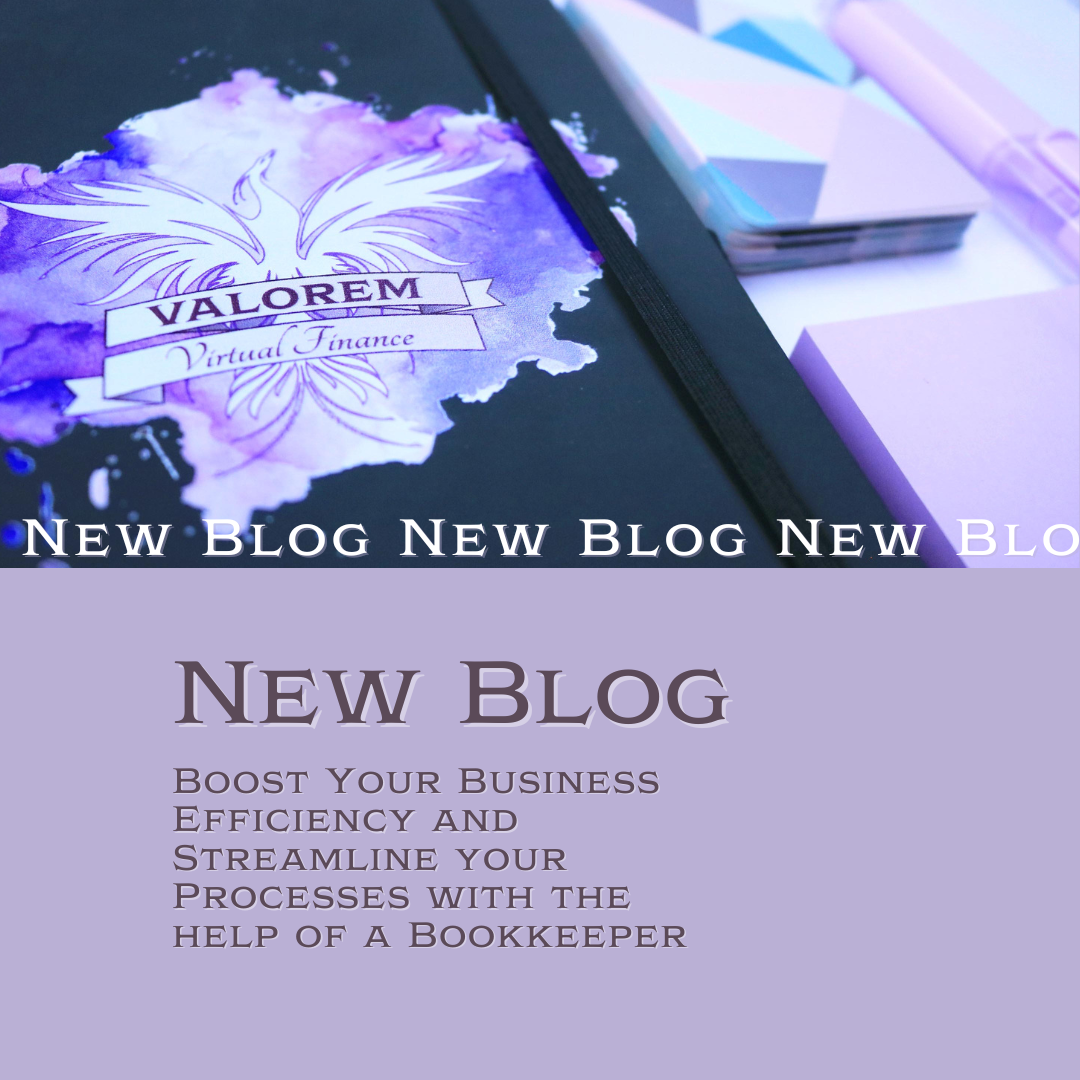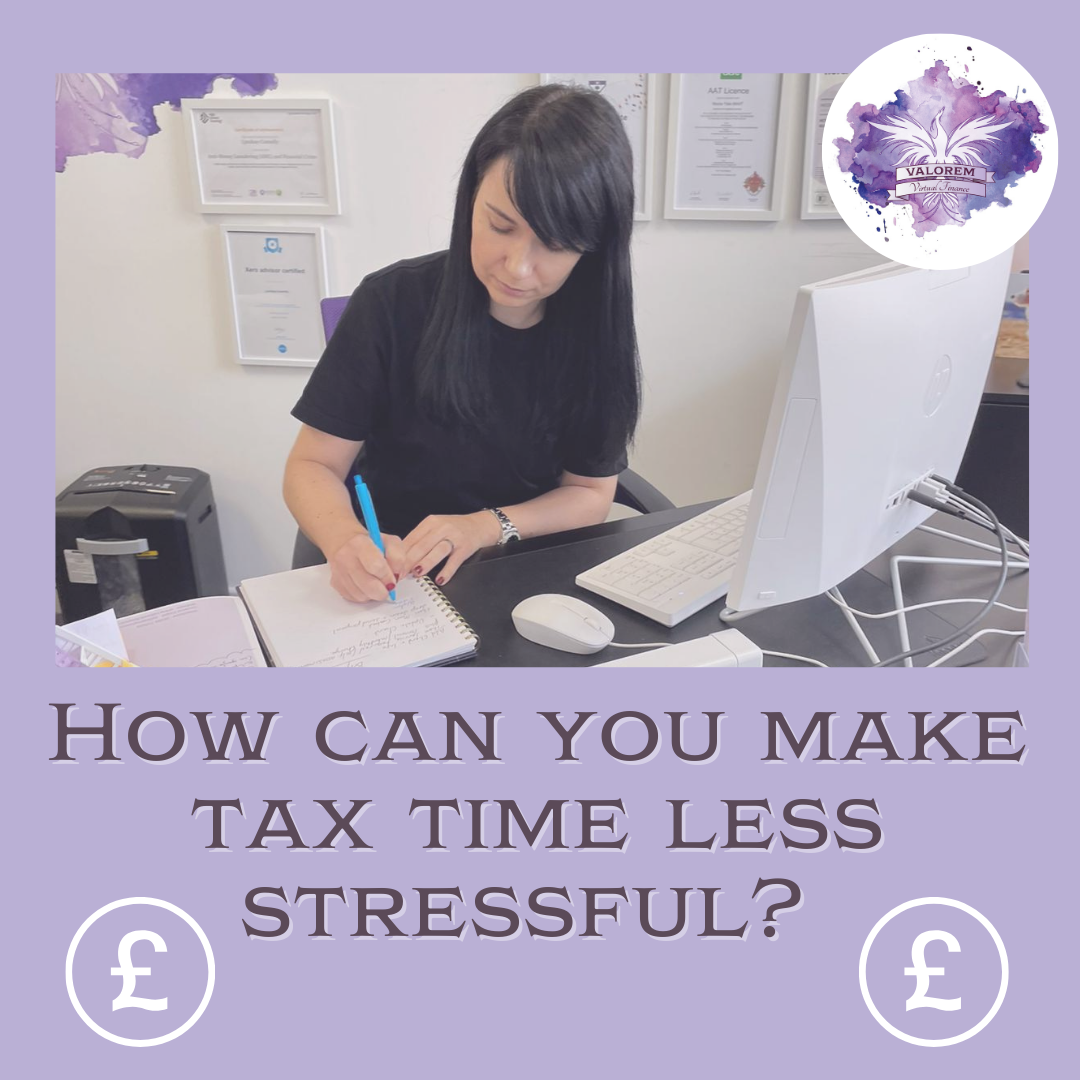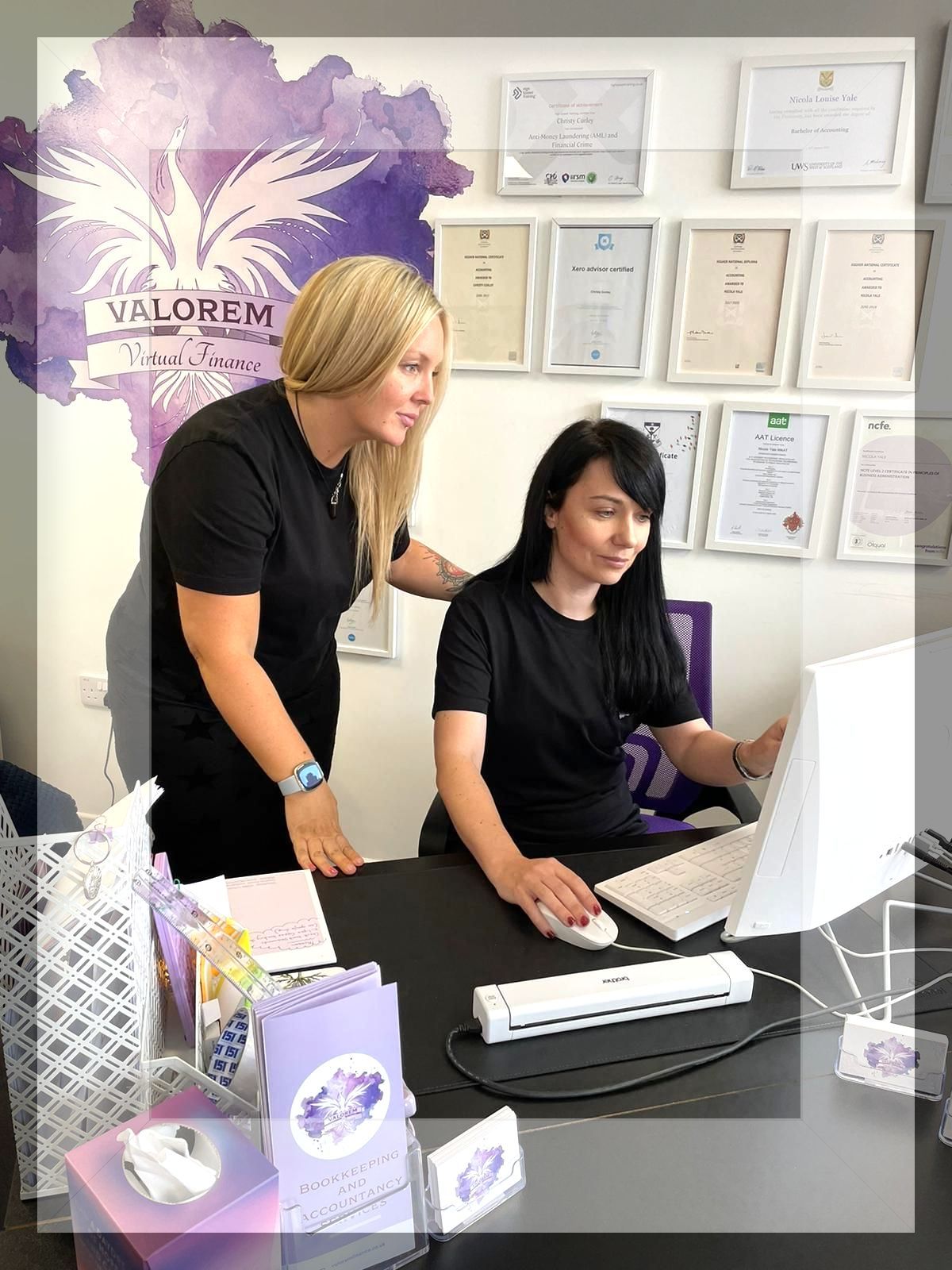The Ins and Outs of Running a Sole Trader Business in the UK: An Accountant's Perspective
Running a sole trader business in the UK can be an exciting venture, but it also comes with its fair share of challenges, especially when it comes to managing finances and taxes. As a sole trader, you are the sole owner of your business, responsible for all its operations and finances. To shed light on this subject and provide valuable insights, we've put together this blog post to answer some common questions about running a sole trader business in the UK.
What exactly is a sole trader business?
A sole trader business is the simplest form of business structure in the UK. It means that you are the sole owner and operator of your business, with full control over decision-making and profits. Unlike other business structures, there is no legal distinction between you and your business, making you personally liable for any debts or legal issues the business may face.
Do I need to register my sole trader business with the authorities?
Yes, as a sole trader in the UK, you are required to register your business with HM Revenue & Customs (HMRC) for tax purposes. You must also register for self-assessment and Class 2 National Insurance contributions.
What are the tax implications of being a sole trader?
As a sole trader, you are required to pay income tax on your business profits. Additionally, you must pay Class 2 and Class 4 National Insurance contributions on your earnings. It is vital to keep accurate records of your business income and expenses to ensure you pay the correct amount of tax and avoid any penalties.
Are there any tax benefits to operating as a sole trader?
Operating as a sole trader offers some tax advantages, such as simplicity in accounting and reduced administrative burden compared to other business structures. You can also claim certain allowable expenses, reducing your taxable income. However, it's crucial to understand the implications fully and consult with an accountant to maximise these benefits legally.
How can an accountant help me manage my sole trader business finances?
An accountant plays a crucial role in helping sole traders navigate the complexities of financial management and taxation. They can assist you in maintaining accurate financial records, preparing and filing your tax returns, and offering valuable advice on tax planning and deductions. Their expertise can save you time and money in the long run, allowing you to focus on growing your business.
What expenses can I claim as a sole trader?
Sole traders can claim various expenses to reduce their taxable income. Common allowable expenses include business-related travel costs, office supplies, equipment, marketing expenses, and certain business-related subscriptions or memberships. However, it's essential to ensure that the expenses you claim are genuinely for business purposes and are supported by appropriate documentation.More info can be found on our sole trader tips page.
Conclusion
Running a sole trader business in the UK offers numerous opportunities, but it also requires careful financial management and adherence to tax regulations. Seeking advice from an experienced accountant can prove invaluable in navigating the complexities of financial planning, tax compliance, and maximizing your tax benefits. Remember, accurate record-keeping and staying updated with tax regulations are crucial for the success of your sole trader business.












